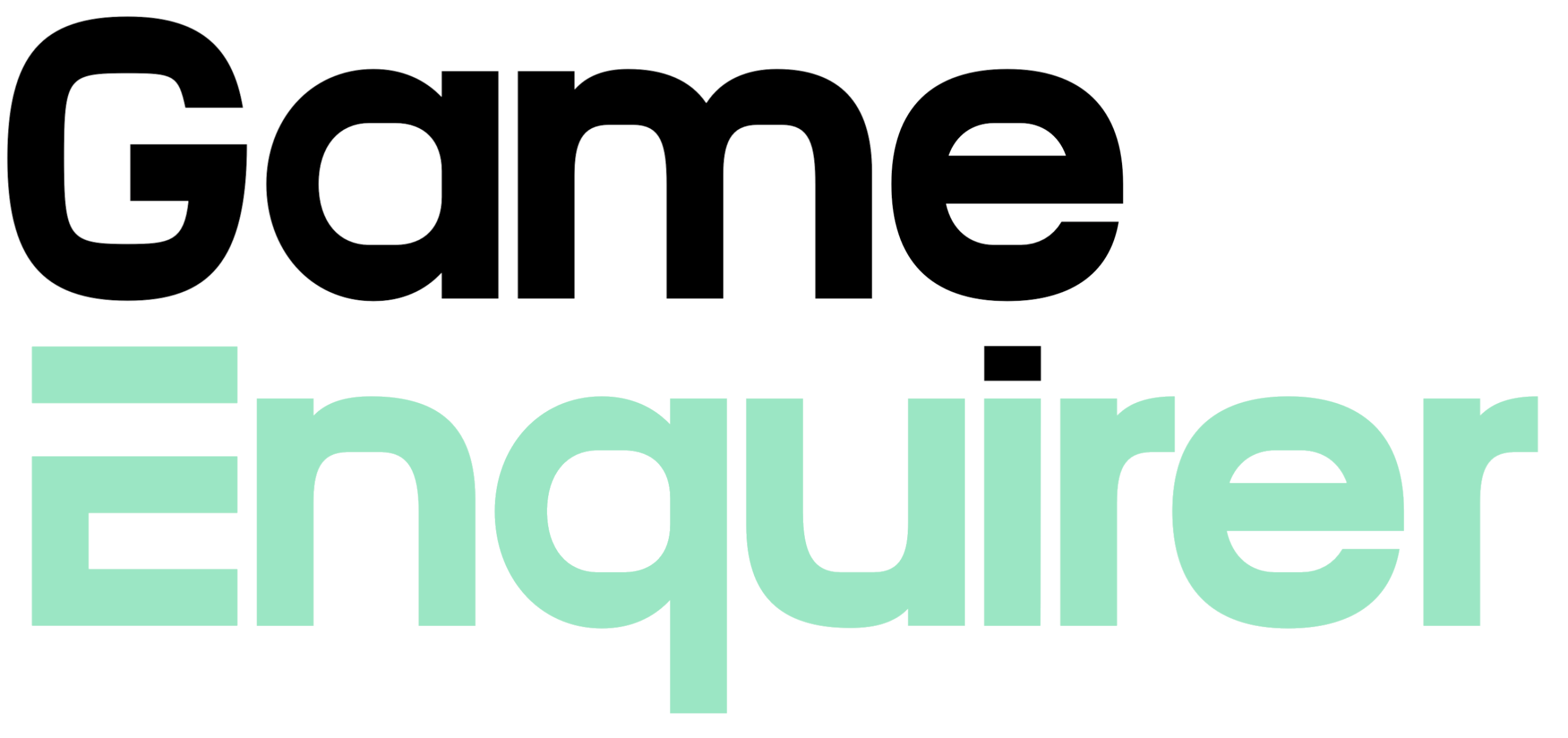Netflix has released the first trailer for The Witcher season 4, offering the debut of Liam Hemsworth as Geralt of Rivia. The footage leans into the series’ hallmark blend of monster hunting, swordplay, and political intrigue, positioning the White Wolf squarely back in action on a volatile Continent.
The trailer marks a pivotal moment for the franchise as Hemsworth steps into the role following Henry Cavill’s three-season tenure. Adapted from Andrzej Sapkowski’s novels, the series appears to preserve its gritty tone and scale, with glimpses of familiar threats and allies while inviting scrutiny of the new lead’s interpretation. Release details for the upcoming season remain under wraps.
Liam Hemsworth steps into the Path: what the trailer shows of his swordwork Signs and voice compared with Cavill’s benchmark
Hemsworth’s blade work reads as grounded and deliberate, with a lower center of gravity and fewer flourishes than fans associate with Cavill’s feline, rotational style. The trailer cuts suggest forward-driving guards, compact parries, and quick resets that privilege pressure over panache-less dance, more duel. Where Cavill made the benchmark with wide, balletic sweeps and momentum-rich spins, this take leans into steadier tempos and inside-line control, letting weight transfer and shoulder-led cuts do the talking while the camera lingers just long enough to sell impact.
- Footwork: planted steps and angled entries replace carousel pivots; the pursuit feels methodical.
- Blade management: tight binds and short beats over looping cuts; economy over spectacle.
- Transitions: quicker sheathe-to-guard beats and practical guards that read like working swordsman’s choices.
- Editing cadence: longer micro-takes showcase contact and recoil rather than hiding moves in rapid cuts.
The Signs are framed with restrained handwork-snappy wrists and compact sigils that keep the sword arm ready-contrasting Cavill’s more pronounced katas. Aard and Igni cues arrive with minimal windup, projecting a pragmatic combat rhythm that favors interruption over showmanship. Vocally, Hemsworth’s Geralt rides a gravel-lite register: still sardonic, but a shade brighter in the mids, trading Cavill’s subterranean rasp for clipped diction and a touch more air, which plays cleanly against steel-on-steel sound design.
- Casting style: short, functional gestures that read “battlefield spellcraft” rather than ritual flourish.
- Tactical use: Signs punctuate melee exchanges as tempo breaks instead of set-piece finishers.
- Voice print: less rumble, tighter cadence; a deliberate growl that keeps lines intelligible under exertion.
- Continuity with the benchmark: honors the stoic minimalism while subtly recalibrating posture, tempo, and timbre.
Story signals in the footage: Ciri’s harsher training fractured alliances and a tighter monster hunting focus between larger wars
The cut makes clear that Ciri’s regimen has escalated from discipline to ordeal. Under Geralt’s steadier-but-steeled eye, drills look ruthless, alchemy harsher, and mistakes costly-signals that her path is no longer about survival but mastery. That intensity reads as a wedge: bonds that once buffered the trio now look brittle. Quick, telling exchanges suggest frayed trust with mages, strained tolerance from northern spymasters, and an uneasy distance even among witchers who question what this training is turning her into-and what it’s demanding of Geralt.
- Harder edges: bruising sword forms, blindfolded sparring, and medallion-buzz reflex tests imply zero margin for error.
- Strategic isolation: fewer council rooms, more cold courtyards-alliances reduced to transactions, not loyalties.
- Ethical slippage: an emphasis on “results” hints at lines blurred to keep Ciri ahead of the hunt.
- Political recoil: the footage teases Redanian suspicion and Nilfgaardian opportunism widening old cracks.
At the same time, the trailer pivots the story toward the trade that made Geralt a legend: monster hunting as counterpoint to the march of armies. Between massed banners and campfires, we glimpse tighter, grimier hunts-contracts that double as intelligence gathering, each creature kill shedding light on who is moving where and why. The tone is lean and procedural: tracking sign, baiting lairs, and closing in with steel and silver-while the wars drum on, just out of frame, daring the witcher to look away.
- Contract-first pacing: caves, swamps, and ruined hamlets replace courts as the key sources of clues.
- Creature-as-message: corrupted ecosystems and displaced beasts point to armies and sorcery reshaping the land.
- Forensic witchering: mutagen kits, oils, and glyphs foreground method over spectacle.
- War as weather: banners flicker at the horizon-ever-present, rarely the scene, always the pressure.
Craft and scale check: upgraded choreography location grit and creature design that favors practical builds with targeted VFX
The footage leans into tactile brutality and spatial clarity, letting Liam Hemsworth’s Geralt carve through encounters with a measured, weighty cadence. Fight geography is clean, blades bite into props that look lived-in, and the camera resists frantic cutting in favor of durable, on-body choreography that breathes. You can feel the mud, hear the ring of steel, and track the decision-making in real time-an approach that folds the landscape into the action rather than treating it as wallpaper. The result suggests a production recalibrated toward grounded momentum and the kind of visual continuity that reads as truth under torchlight.
- Longer takes, fewer cheats: sequences prioritize readable exchanges over montage.
- Stunt-led blocking: performers move the camera, not the other way around.
- Diegetic lighting grit: smoke, flame, and damp stone texture every swing.
- Environmental interactions: broken timbers, kicked shields, and real debris sell impact.
- Sound design alignment: metallic stress and leather creak underscore blade physics.
Monsters arrive with practical-first builds enhanced by targeted VFX-a discipline that anchors the uncanny in something tactile. Prosthetics, creature suits, and animatronic elements provide mass, shadow, and skin detail on set, while digital work tightens the illusion: ocular glints, subtle musculature ripples, breath vapor, and selective limb extension. It’s a hybrid ethos that favors on-set presence for performers to play against, reserving CG for precision touches rather than wholesale invention-keeping the world sweaty, splintered, and convincingly dangerous.
- Prosthetic cores: silicone and foam latex for pores, scars, and blood flow under light.
- Animatronic assists: servo-driven jaws, mandibles, and necks for responsive menace.
- Partial builds extended: practical torsos or forelimbs with CG tails or spines.
- Micro-VFX passes: saliva threads, eye refractions, and particulate dust integration.
- Contact choreography: stunt-safe rigging that lets Geralt’s steel actually connect.
How to prepare before the premiere: rewatch pivotal Geralt and Ciri arcs revisit post Thanedd saga chapters and consult the game bestiary for context
Ground yourself in the character work that now defines the stakes, especially as Geralt transitions to a new face and physical cadence. Revisit the moments that tightened his bond with Ciri and hardened his code: training and trust built at Kaer Morhen, the fractures and reconciliations born of hard choices, and the fallout from the mages’ civil war that reshaped allegiances. These beats will clarify why the trailer’s blade-first momentum matters-every strike is carrying unfinished business.
- Kaer Morhen season arc: drills, mistakes, and mutual protection that turn a vow into family.
- Hunted-to-hunter shifts: Geralt’s strategic pivots as Ciri’s pursuers multiply, from back-road escorts to open confrontations.
- Post-coup consequences: where the Brotherhood’s rupture and Nilfgaard’s pressure force Geralt into harder lines and riskier allies.
- Signs, steel, and silence: note how Axii, Aard, and economical choreography reveal his problem-solving more than dialogue does.
For deeper context, skim the saga’s post-coup stretch-Baptism of Fire, The Tower of the Swallow, and Lady of the Lake-to track the splintering of companions, Ciri’s survival pivots, and how war corridors reframe “monster” and “man.” Then open the games’ bestiary for a practical field guide: it’s a fast way to decode the trailer’s silhouettes, the oils Geralt might reach for, and the tactics hinted by his footwork and Sign choices.
- Forest apex predators (leshens, fiends): expect rooting, misdirection, and the need for relict oils and fire control.
- Specters (wraiths, nightwraiths): Quen/Aard cadence, specter oil, and baiting patterns matter when steel passes through shadows.
- Vampires (bruxae, alps): audio cues and lateral movement; vampire oil and Moon Dust can explain his kit choices.
- Cursed and necrophages (striga, rotfiends): watch for circular spacing, Yrden traps, and quick-switches between silver and steel.
- Reading keys: track mercenary bands, mage cabals, and shifting safe routes-threads that often foreshadow monster encounters.
As the first footage puts Liam Hemsworth’s Geralt squarely in the fray, Netflix signals a show intent on momentum rather than reset. The trailer leans into bruising combat, gnarlier monsters, and the wry resolve that’s long cut through the Continent’s politics-while giving its new lead room to define the White Wolf on his own terms. Whether audiences embrace the handover will be this season’s prevailing narrative, but the early look makes a measured case for continuity without imitation.
Netflix has yet to announce a premiere date for Season 4, with the next chapter already in motion behind the scenes. Expect additional casting notes and a fuller synopsis as the rollout continues. For now, the message is clear: Geralt is back on the hunt, and The Witcher isn’t done drawing blood.












